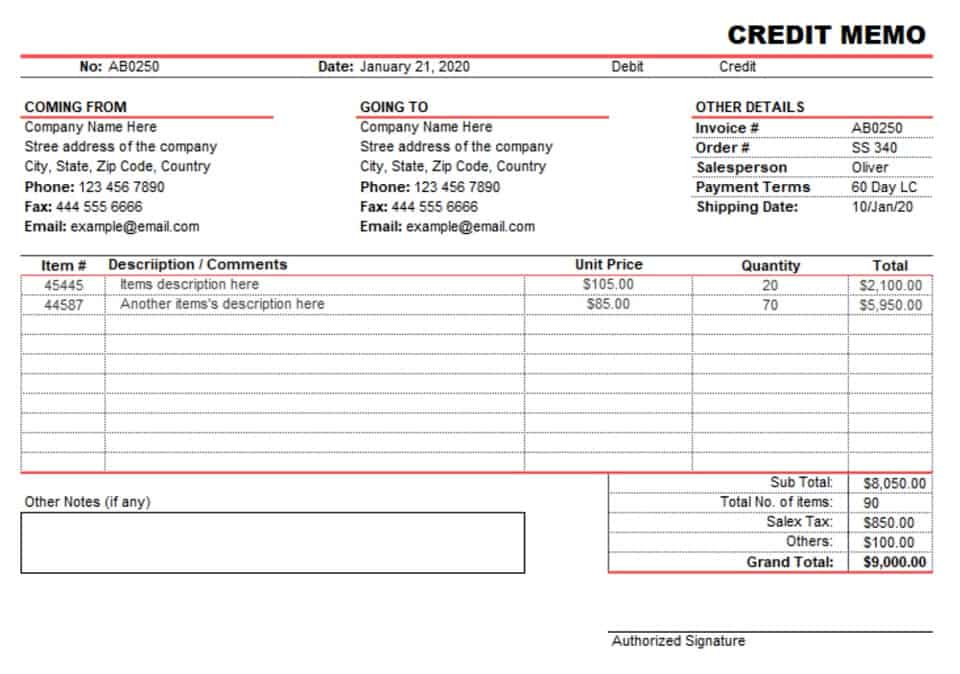
High-income families pay a disproportionate share of the tax burden, while low- and middle-income taxpayers shoulder a relatively small tax burden. The debate between flat taxes and progressive taxes centers on the fairness of https://www.bookstime.com/blog/5-hvac-bookkeeping-tips-you-need-to-know distributing the tax burden. In truth, the answer of which is more fair resides in personal preference and individual ideologies. Supporters of flat taxes argue that they’re a straightforward and efficient way to handle taxes.

However, there are also a number of regressive taxes that are assessed at the federal, state and local levels. For example, sales taxes are an example of regressive tax because the same amount of tax is paid by everyone, regardless of their income. Additionally, flat tax is also a regressive tax, commonly known in regards to taxes for Social Security progressive tax def and Medicare. There are several different tax brackets, or groupings, of taxable income, which are taxed at different rates. With a progressive tax, the person with the lower income would pay a lower tax rate than the person with higher income. An example would be if one person earns $12,000 in a year, and another person earns $120,000.
Limitations of Flat Taxes
If two individuals, one rich and one poor, both buy an identical bag of groceries, both pay the same amount of sales tax. But the poorer person has shelled out a greater percentage of their income in order to purchase those groceries. The degree to how progressive a tax structure is depends upon how much of the tax burden is transferred to higher incomes. If one tax code has a low rate of 10% and a high rate of 30%, and another tax code has tax rates ranging from 10% to 80%, the latter is more progressive.
Various tax methods that governments may use include progressive, regressive, digressive, or proportional. The Progressive Tax System is one where the tax burden increases as taxable income increases. In some instances, there is a minimum tax-free amount where individuals earning less than the stated minimum taxable amount are not liable for any payments to tax authorities. Progressive tax systems often have many income brackets and tax rates, making it challenging for taxpayers to understand and comply with the tax code. This complexity can also make it more difficult for the government to collect tax revenue effectively.